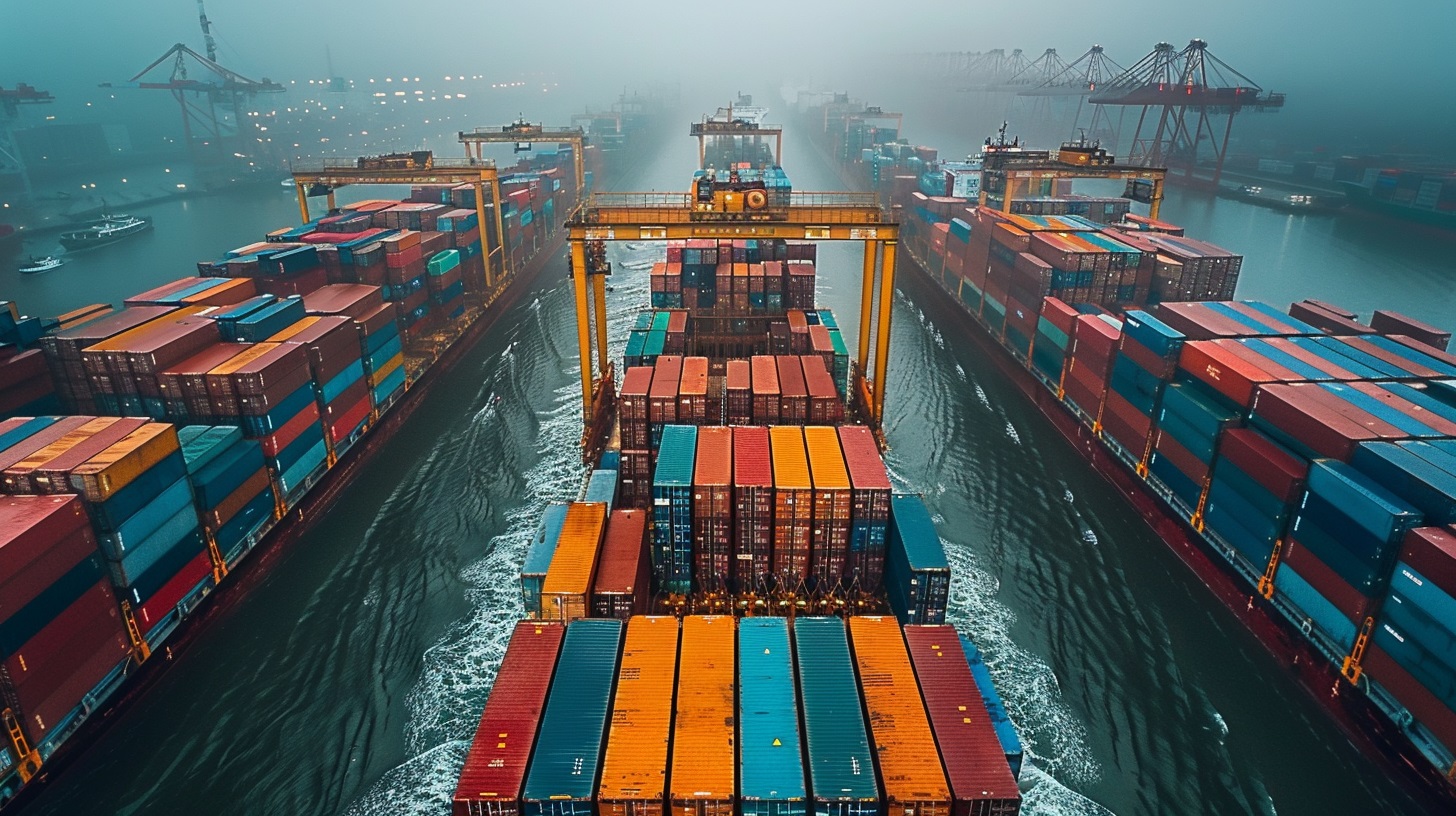In today’s interconnected global economy, supply chain transparency is a pressing concern for both businesses and consumers. Achieving ethical sourcing, efficient transport, and reliable delivery demands the use of advanced technologies.
Blockchain and artificial intelligence (AI) are pivotal technologies that, when integrated, offer unparalleled transparency and efficiency in supply chain management.
It’s essential to stay informed not only on base metals – prices, news & market analysis, but also on emerging trends to make well-rounded decisions. This article delves into how blockchain and AI are revolutionizing supply chains and enhancing transparency.
Grasping blockchain technology
Blockchain is like a decentralized, distributed ledger system where transactions get recorded in a secure, clear, and unalterable way. Each transaction, or block, is linked to the one before it, forming a tamper-proof chain of records that everyone involved can check out.
Key features of blockchain are:
- Transparency: Everyone in the network sees the same data, keeping things open.
- Security: Cryptographic methods keep data from being changed without anyone noticing.
- Decentralization: There’s no central control, which lowers the risk of fraud and manipulation.

Supply of raw materials
AI’s role in supply chain management
AI includes tech like machine learning, natural language processing, and robotic process automation (RPA), letting machines do tasks that usually need human smarts.
AI boosts supply chain management by:
- Predictive analytics: Looks at past data to predict demand, improve inventory, and spot disruptions.
- Natural language processing (NLP): Handles and makes sense of loads of unstructured data, like emails and documents, to pull out useful info.
- Robotic process automation (RPA): Automates repetitive tasks, upping efficiency and reducing errors.
Merging blockchain and AI for supply chain clarity
Combining blockchain and AI creates a powerful synergy that ups supply chain transparency in various areas:
Traceability:
- Blockchain: Offers an unchangeable record of every transaction from raw material source to final delivery.
- AI: Analyzes data to spot patterns and anomalies, ensuring the supply chain’s authenticity and integrity.
Real-time tracking:
- Blockchain: Enables tracking goods in real-time, so stakeholders have up-to-date info.
- AI: Processes real-time data to give insights and alerts about potential issues like delays or quality problems.
Fraud prevention:
- Blockchain: Assures transparent and verifiable transactions, reducing fraud risks.
- AI: Detects suspicious activities and data anomalies to help prevent fraud.
Efficient logistics:
- Blockchain: Cuts paperwork by streamlining documentation, providing a single source of truth.
- AI: Optimizes routing, predicts demand, and handles inventory, ensuring timely and efficient deliveries.

Blockchain in supply chain
Blockchain and AI applications in supply chains
Different industries are using blockchain and AI to ramp up transparency and efficiency in supply chains:
Food and beverage
Blockchain makes sure ingredients are traceable from farm to table, while AI forecasts demand and manages inventory to reduce waste.
Pharmaceuticals
Blockchain tracks drug production and distribution, ensuring authenticity and blocking counterfeits. AI keeps an eye on the supply chain for disruptions or deviations from standard procedures.
Fashion and apparel
Blockchain provides transparency in sourcing materials and manufacturing, ensuring ethical practices. AI predicts trends and manages inventory to meet consumer demand.
Automotive
Blockchain monitors the origin and movement of parts, ensuring quality and compliance. AI optimizes supply chain operations to cut costs and boost efficiency.
Challenges and future prospects
Despite the benefits, integrating blockchain and AI into supply chains comes with some challenges:
- Technical complexity: Implementing and maintaining these technologies requires specialized skills and infrastructure.
- Data Privacy: Protecting the privacy and security of sensitive data is crucial, especially with multiple stakeholders involved.
- Interoperability: Various systems and platforms need to work together smoothly for operations to run seamlessly.
Looking forward, the ongoing progress and adoption of blockchain and AI will drive further innovations in supply chain transparency. As these technologies become more accessible and user-friendly, businesses of all sizes will be able to tap into their advantages, leading to supply chains that are more ethical, efficient, and transparent.

